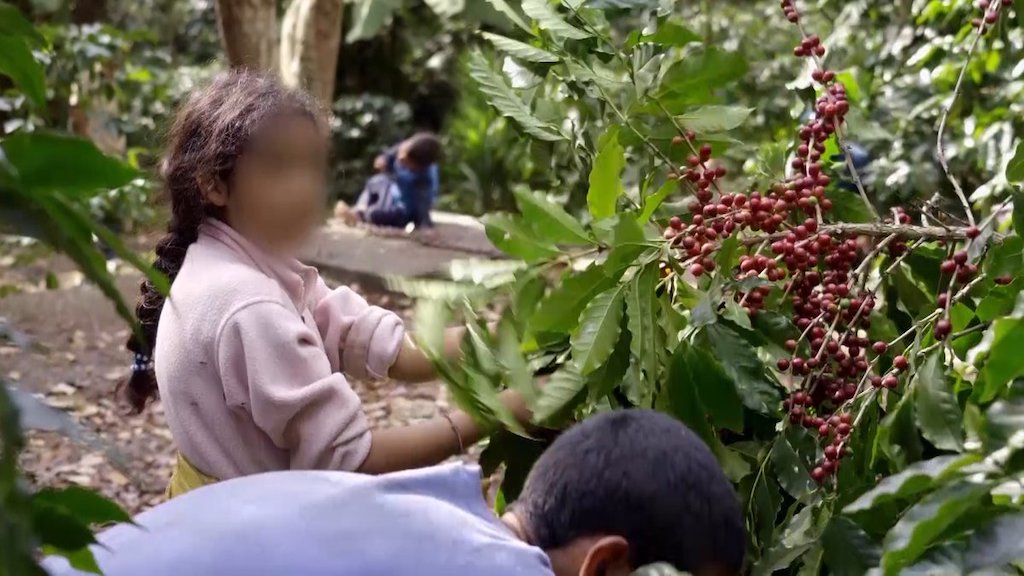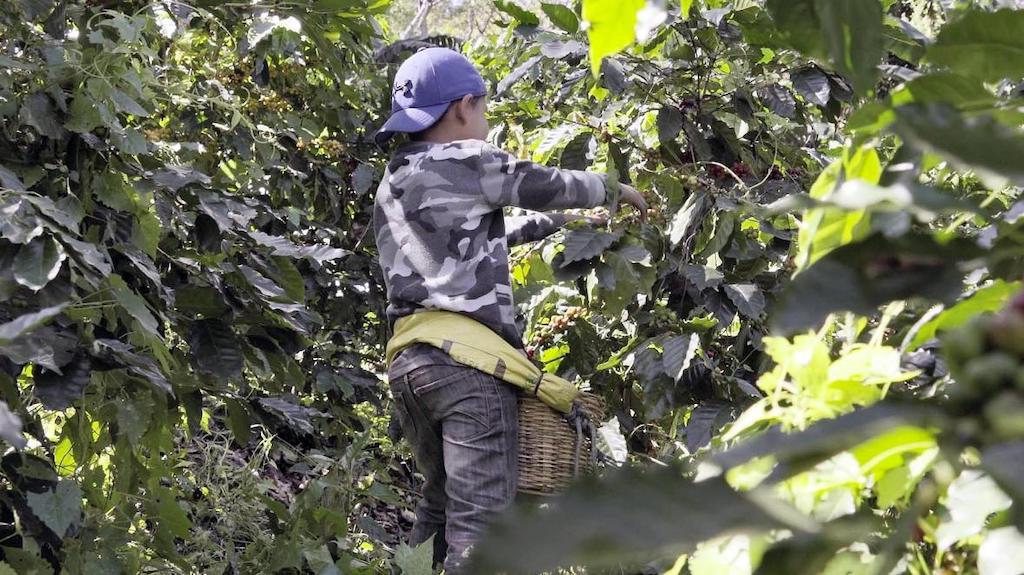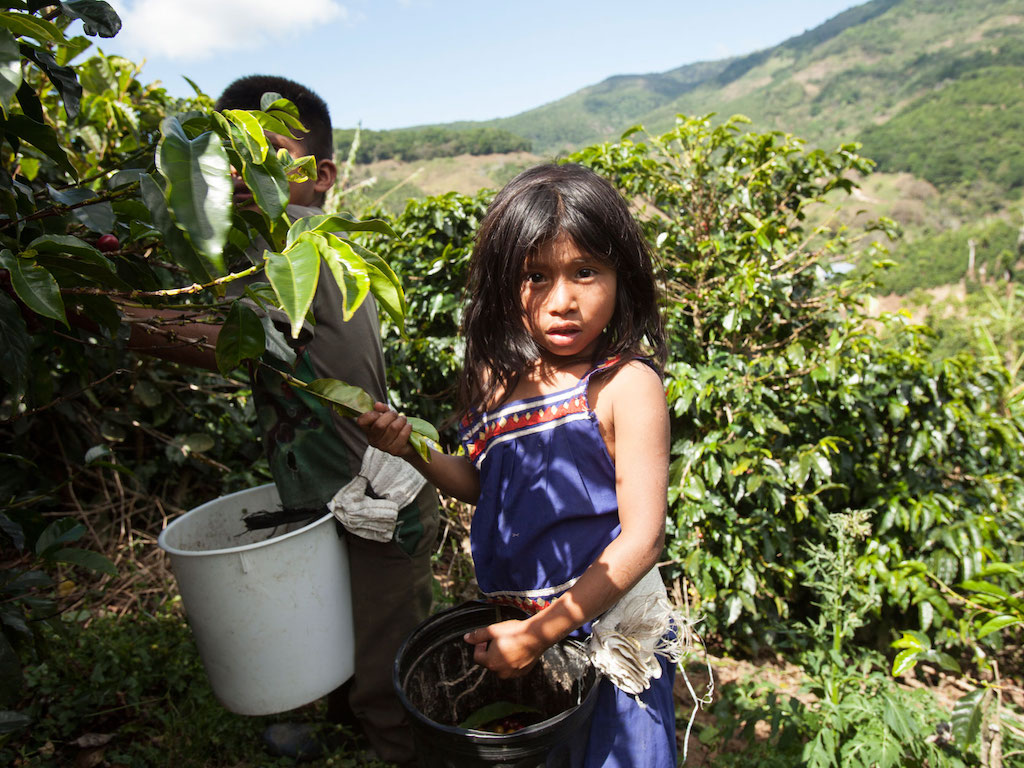3 Mins Read
A new investigation by Channel 4’s current affairs programme Dispatches has revealed that coffee chain giant Starbucks and Nespresso are sourcing their beans from suppliers who are using child labour. The television exposé showed children under 13 working 40-hour weeks in substandard conditions on farms in Guatemala and are being paid a daily wage little more than a price of one latte.
Coffee giants Starbucks and Nestlé-owned brand Nespresso have been caught in a new child labour scandal in a television investigation by the Dispatches team. The episode documented children under 13 – including some estimated to be as young as 8 years old – working 40 hours each week in gruelling conditions on farms in Guatemala.
Over the course of the show, the team visited 12 farms in the country, with 7 of those linked to supplying Nespresso and 5 linked to Starbucks. All 12 farms found evidence of child labour.
They were paid depending on the quantity of beans they picked with sacks weighing up to 45 kilograms. Typically, each child earns less than US$6.40 a day, which is equivalent to some of the lattes offered by Starbucks and Nespresso’s menus.

According to a human rights lawyer who spoke to the Guardian, the documentary programme suggests that both companies are in breach of international labour regulations outlined by the United Nations agency International Labour Organisation (ILO), which clearly stipulates that children’s education must not be compromised.
“If children are working 40 hours a week, there is no way they can also be having a proper education,” said Oliver Holland of solicitor firm Leigh Day. “These are all unsafe conditions for children…and in those conditions children simply shouldn’t be working,” he added.
Responding to the fresh allegations, Nespresso’s chief executive Guillaume Le Cunff issued a statement saying that the company upholds “zero tolerance” over child labour, and will be launching an investigation into the farms and will cut purchases of coffee from farms in Guatemala until it is over.
Starbucks issued a similar declaration, telling the Dispatches team that they have “launched a full investigation into the claims” but later said that they have “not purchased coffee from the farms in question during the most recent harvest season,” though they have previously sourced from them in 2019.

The exposé has renewed calls for more stringent monitoring over the social of mass produced coffee. Last year, Green Queen covered a number of ethical issues implicated in the global coffee trade, including the issue of modern slavery. Around 25 million small coffee growers produce 73% of the world’s coffee, many of them working on privately owned plantations that use cheap labour to cut costs and maximise profit – and supplying common supermarket and high street coffee brands.
While awareness about association between coffee bean farms and human rights abuses has led to the proliferation in Fairtrade and other ethical coffee accreditation in recent years, these certifications do not always guarantee that the beans are responsibly produced. According to a study by London university SOAS, there are multiple regions where the Fairtrade Foundation is unable to ensure that workers do get paid a reasonable living wage, especially in Ethiopia and Uganda.
Aside from a problematic social record, mass produced coffee supplying well-known brand names also leave behind a massive environmental footprint, from deforestation for land used for plantations and the use of agrochemicals in the supply chain to excessive packaging waste on the consumer end.
Are you a coffee lover? Don’t stress – we have some tips on how to responsibly drink your daily cup of coffee here.
Lead image courtesy of Michele Zousmer.




